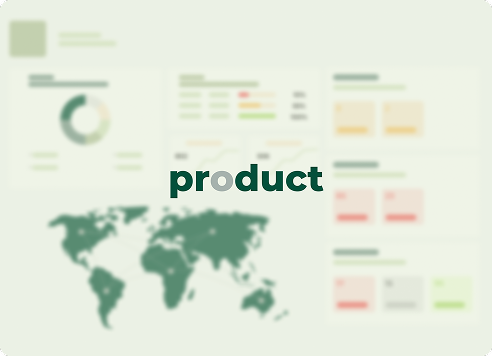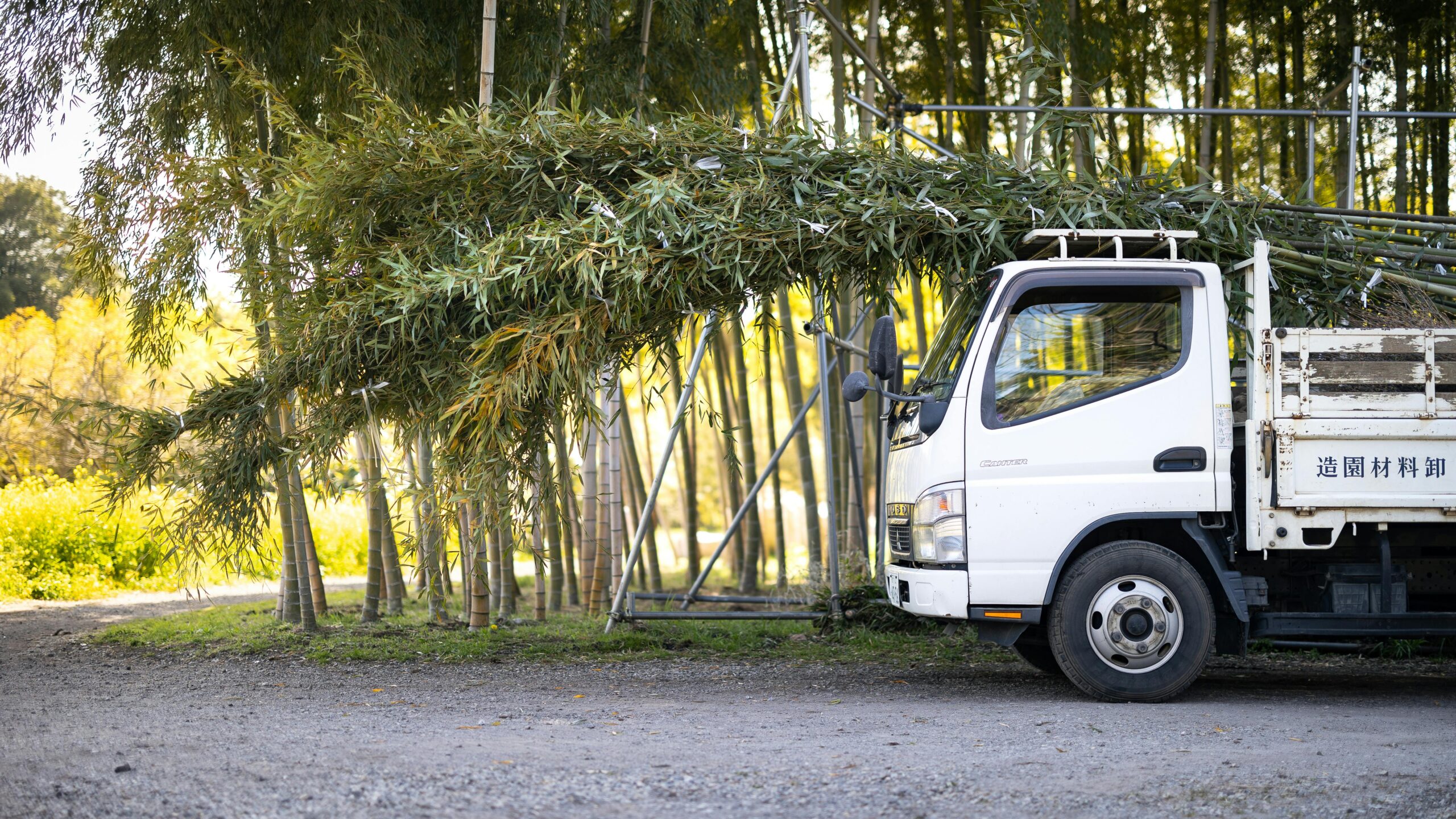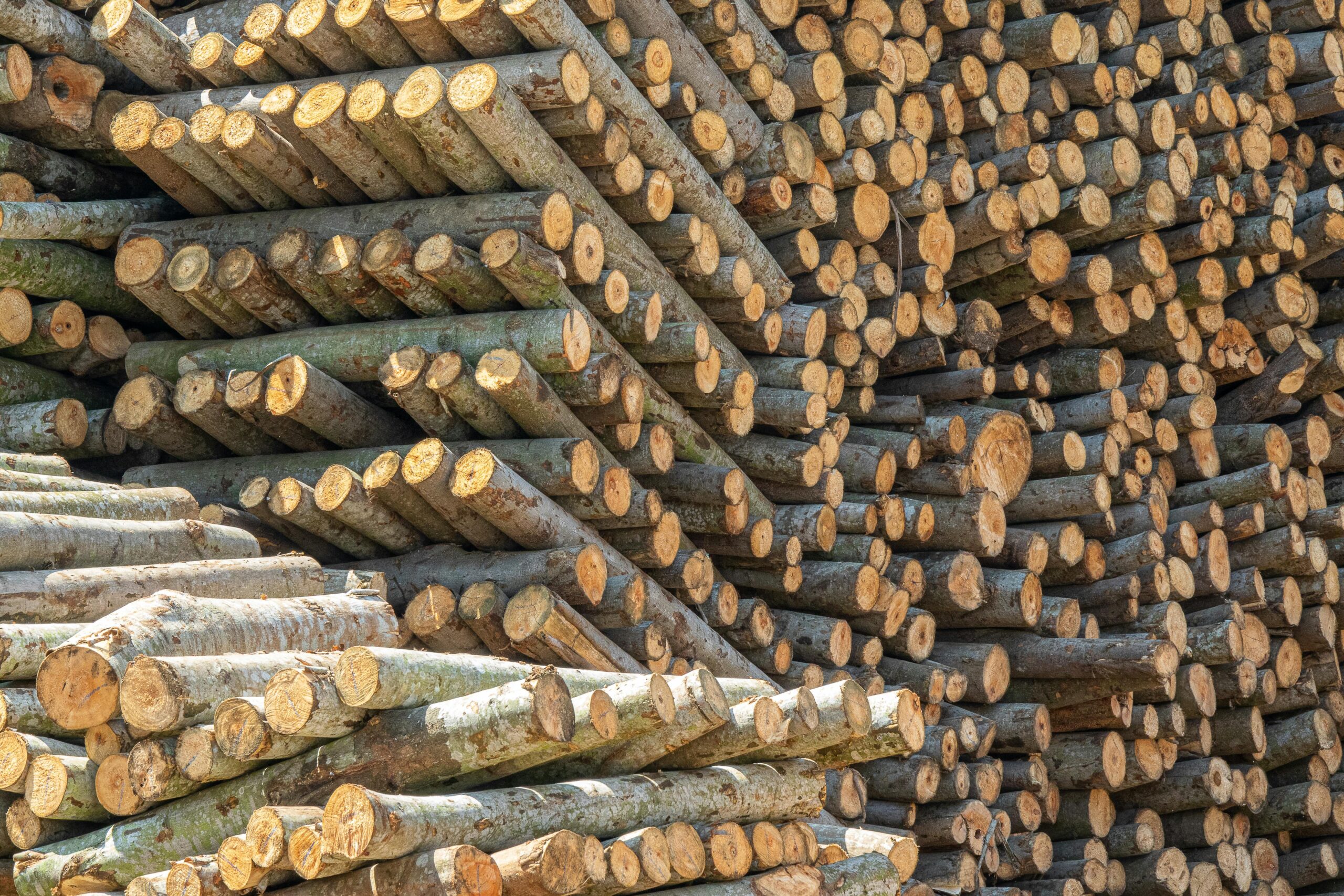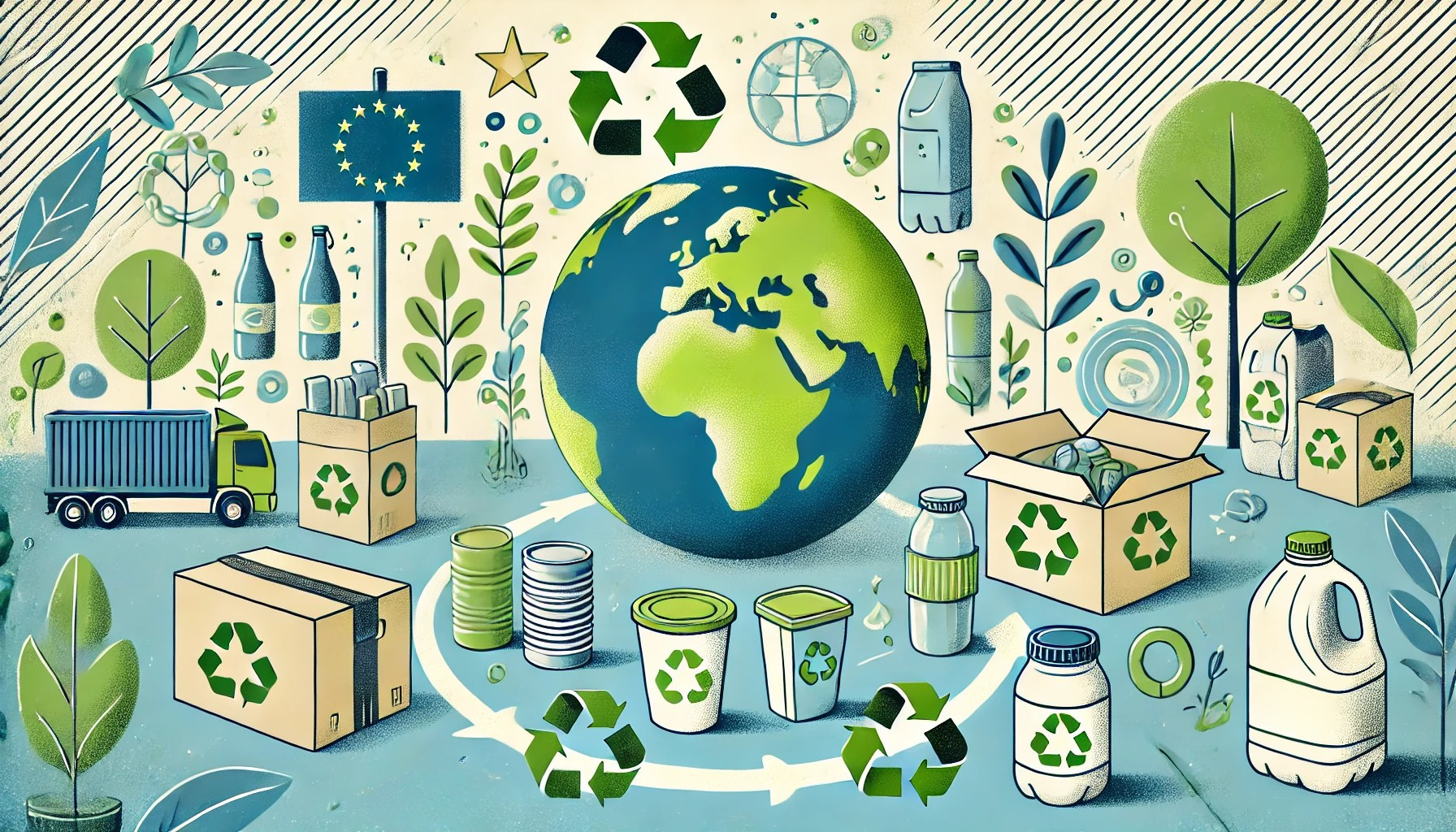The EUDR implementation date is still December 30, 2025 for medium and large companies.
Companies in the food and beverage industry working with commodities such as cocoa, coffee, soy, palm oil, and rubber — whether processed or used as ingredients — must document that these are produced legally and without deforestation. This also applies to products manufactured within the EU and to composite food products.
At prduct.com, we assist food and beverage companies in collecting and structuring supplier data, verifying geolocation, and creating transparency in complex supply chains with many raw materials. This makes compliance easier and streamlines supplier collaboration.
EUDR – A short introduction
The EU Deforestation Regulation (EUDR) is an important milestone in protecting the world’s forests and combating deforestation and forest degradation. The regulation requires businesses to ensure that the raw materials they trade are sourced legally and sustainably. The raw materials the EU aims to ensure are sourced legally and sustainably include coffee, cocoa, soy, palm oil, cattle, plantation wood fiber, and plantation rubber.
The EU adopted the EUDR on December 6, 2022, and it will come into effect at the end of 2025. Deforestation is one of the major causes of climate change and biodiversity loss—two of the most pressing environmental challenges we face today.
Read more about how we work with the food and beverage industry
EUDR in the Food and Beverage Industry: What you need to know
The EU Commission has published a new EUDR FAQ, a guidance document, and a draft regulation. These three new documents update previous measures, but also introduce new requirements relevant to the food and beverage industry.
Composite Products and Combined Ingredients: What Counts?
Products like chocolate bars, ice cream, and margarine often contain several relevant raw materials — e.g., cocoa, cocoa butter, and palm oil.
Here, only the primary relevant commodity must be subject to due diligence, which is the one listed in the left column of Annex I.Example: A chocolate bar (HS code 1806) is associated with cocoa — not palm oil — and due diligence must therefore primarily focus on the origin of the cocoa.
FAQ references: 1.3, 1.17, 2.2, 2.4
Production Date and Batch Control: Know the Exact Date
To prove that products are deforestation-free, companies must provide the exact harvest date or production period for the covered commodity. This also applies when using multiple plots, blends, or batches in a single product.
It is not enough to know the year or harvest season — documentation must be batch-specific and linked to the specified geocoordinates.
FAQ references: 1.25, 1.18, 5.1, 5.19
“Declaration in Excess”: When Using Many Plots
For bulk goods like cocoa or soybeans, companies may in some cases use “declaration in excess” — i.e., declare more plots than were actually used to cover sourcing variation.
However: All declared plots must be verified as deforestation-free and legal — and if there are errors, the entire batch is deemed non-compliant.
FAQ references: 1.18, 5.1, 5.19
Use in the Service Sector: Are Catering and Foodservice Covered?
If you only use products in a foodservice activity — such as a canteen, hotel, or catering — you are not an operator under EUDR.
However, you must still be able to document your purchases if you are part of a supply chain as an SME trader.FAQ references: 2.13, 3.5, 3.9
Packaging and Waste: Is Food Packaging Covered?
Packaging made from, for example, wood or paper is only covered by EUDR if marketed independently.
Thus, a box for chocolates or a gift box with a logo may be covered, whereas standard protective packaging is not.FAQ references: 2.5, 2.6, Draft item (6)
Supplier Responsibility and Follow-up: You May Not Sell Without Data
If your supplier is unwilling or unable to provide the necessary data — such as geolocation, harvest date, or legality documentation — you may not market the product in the EU.
There are no “exceptions” for missing responses.At prduct.com, we help you set up systematic dataflows and supplier dialogues, so nothing gets lost — and so you can document that you have fulfilled your obligations.
FAQ references: 1.27, 3.4, 5.1, 5.7
The Information System and Digital Submission: Are You Technically Ready?
All operators and non-SME traders must register in the EU’s information system and submit a DDS (Due Diligence Statement) for each product.
GeoJSON format and correct batch logic are required — and the system has a file size limit of 25 MB.We make it easy for you to deliver compliant data digitally — without having to invent the processes yourself.
FAQ references: 5.17, 7.1, 7.8, 7.16
Ready to Become Compliant?At prduct.com, we help food companies make the process easier — and create documentation that holds up if authorities come knocking.We build structure so that you not only achieve compliance but also strengthen your supplier relationships and can document it.





